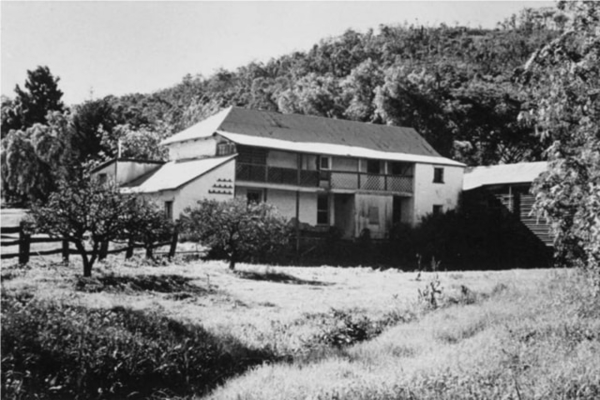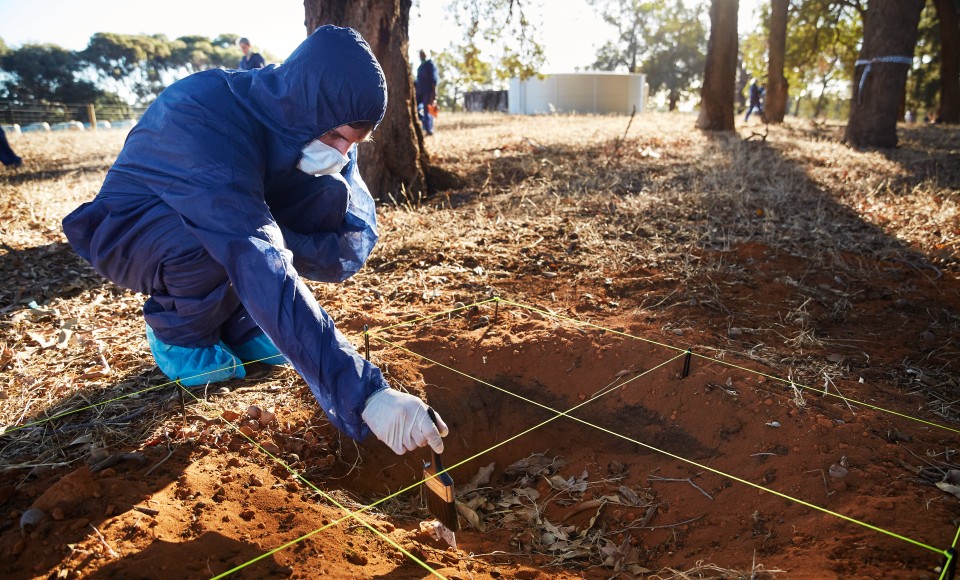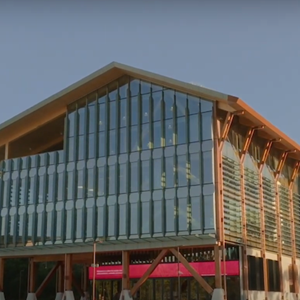Located less than an hour from Murdoch’s Perth campus, the farm hosts research and teaching facilities for veterinary science, animal science, environmental science, forensics and water-related courses, while supporting community and regional engagement.
About Whitby Falls
In addition to being a fully operational farm, Whitby Falls leads research in solving real-world problems for farmers, veterinarians, their communities and related businesses and industries. This research includes a focus on securing the future by exploring food production, food security, environmental conservation and animal health linked to effective communication and education strategies.
Heritage history
Originally known as Mundajill, Whitby Falls Farm was renamed Whitby Falls Estate in 1848 by early European settler Henry Mead who bought the property for farming.
The State purchased the property in 1897, and by 1900 Whitby Falls was the longest operating facility in Western Australia for the care and treatment of people with mental illness. By 1932 Whitby Falls's agricultural program was used as occupational therapy and rehabilitation for patients placed there and also became a profitable operation that included poultry, dairy, vegetable, orchard, piggery and beef production.

The hospital at Whitby Falls was designated a transition hostel in 1972 and became an annexe to Graylands Hospital for the care of long-stay patients. The hostel was self-sustaining from the animals and food produced on the property until closing in 2006.
In November 2013, Murdoch University entered into a 42-year lease with the National Trust of Western Australia for the 203-hectare heritage listed property at Whitby Falls Farm. Works to the value of $3 million have been undertaken to ensure the heritage values of the farm are protected and to restore the property as an operational farm.
Teaching, research and community
Whitby Falls Farm offers high quality educational, historical and cultural experiences for students, researchers, the community and visitors including:
- cattle teaching and research facilities
- veterinary clinic
- sensory innovation centre
- dairy innovation centre
- equine facility
- mock crime scene investigations for forensic science students
- conservation zones of cultural and natural heritage significance
- regional innovation precinct in food and animal production
- conference facilities
- farm education for primary and high school students
- community fruit picking events.


